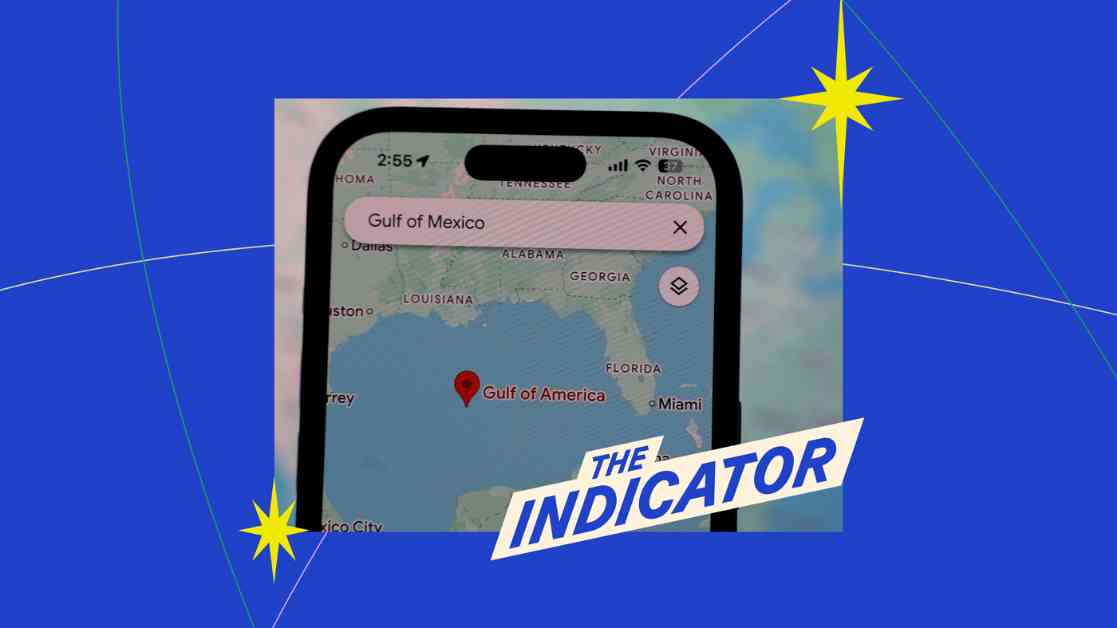The latest episode of Indicators of the Week delves into the intriguing intersection of stable chicken meat prices, a lawsuit looming over the Gulf of Mexico’s name change, and the Trump administration’s misleading assertions about Social Security extending beyond the grave. As we navigate through the complexities of these diverse topics, we aim to shed light on their far-reaching implications and unravel the underlying narratives that shape our understanding of current events.
Unpacking Stable Chicken Meat Prices
At the forefront of our analysis is the unexpected stability in chicken meat prices, a phenomenon that has caught the attention of consumers and industry experts alike. Despite the usual fluctuations in agricultural markets, the poultry sector has demonstrated remarkable resilience in the face of external pressures, maintaining a relatively steady pricing structure that defies conventional expectations.
One possible explanation for this anomaly could be attributed to advancements in production technology and supply chain management, which have enabled poultry producers to streamline their operations and mitigate potential disruptions. By leveraging innovative practices and strategic partnerships, chicken meat suppliers have managed to navigate the challenges posed by volatile market conditions, ensuring a consistent supply of affordable protein to meet consumer demand.
In addition, shifting consumer preferences towards healthier and more sustainable food choices have also played a significant role in shaping the trajectory of chicken meat prices. As more individuals embrace plant-based alternatives and seek out ethically sourced products, the poultry industry has responded by enhancing its sustainability practices and diversifying its product offerings to cater to evolving tastes and preferences.
Amidst the ongoing debate surrounding the environmental impact of meat production and the ethical considerations of animal welfare, the stability of chicken meat prices serves as a testament to the adaptability and resilience of the agricultural sector. By embracing innovation, sustainability, and consumer-driven trends, the poultry industry continues to thrive in an ever-changing landscape, setting a precedent for other sectors to emulate.
Gulf of Mexico Lawsuit Threat and Social Security Misinformation
In a surprising turn of events, the Gulf of Mexico finds itself embroiled in a legal battle over its proposed name change, sparking controversy and speculation among environmental advocates and legal experts. The lawsuit threat has reignited discussions about the region’s ecological significance and the implications of altering its iconic designation, prompting a reexamination of the complex interplay between environmental conservation and regulatory oversight.
Meanwhile, the Trump administration’s dissemination of false claims regarding Social Security benefits extending beyond the grave has raised eyebrows and ignited a firestorm of criticism from lawmakers and advocacy groups. The misleading statements have underscored the importance of accurate information dissemination and the need for transparency in public discourse, highlighting the detrimental effects of misinformation on social welfare programs and vulnerable populations.
As we navigate through these multifaceted issues, it becomes evident that the convergence of chicken meat prices, the Gulf of Mexico lawsuit threat, and Social Security misinformation represents a microcosm of broader societal challenges and policy dilemmas. By unpacking the complexities of these interconnected issues, we gain a deeper understanding of the forces shaping our world and the imperative of informed decision-making in safeguarding our collective future.
In conclusion, the intricate web of factors influencing chicken meat prices, the Gulf of Mexico lawsuit threat, and Social Security misinformation underscores the interconnected nature of our global ecosystem and the importance of critical analysis in navigating complex issues. As we strive to unravel the underlying narratives that define our reality, we must remain vigilant, informed, and engaged in shaping a more equitable and sustainable future for all.



















